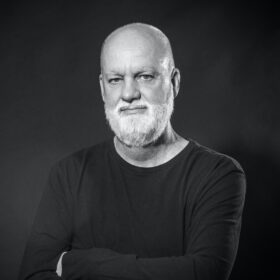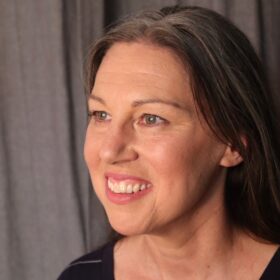Veteran Foreign Correspondent | New York Times Global Health Reporter
Book this speaker: Stephanie Nolen
About This Speaker: Stephanie Nolen
Stephanie Nolen is the global health reporter for The New York Times, with over 30 years of experience. She has reported from more than 80 countries, covering war zones, humanitarian crises, and pandemics. Her work focuses on the ongoing impacts of AIDS, tuberculosis, malaria, and emerging diseases. She also examines critical issues like access to care and medicines.
Stephanie Nolen served as a bureau chief for The Globe and Mail in Johannesburg, New Delhi, Rio de Janeiro, and Mexico City. This experience gave her unique insight into the political, economic, and social forces shaping lives in the Global South. Her perspective is invaluable for understanding global health challenges.
Stephanie’s reporting resonates worldwide. She goes beyond the headlines to tell stories of human resilience and hope. Whether meeting Pashtun women in the Khyber Pass or covering teens fighting genital cutting in Sierra Leone, she connects deeply with communities affected by crisis. Her work is rich in empathy and detail, helping to humanize complex issues.
Stephanie Nolen is the author of 28: Stories of AIDS in Africa, praised by the UN Special Envoy for AIDS as “the best book ever written about the pandemic.” The book was translated into seven languages and won the 2007 PEN Courage Award. She is also the author of Shakespeare’s Face and Promised the Moon: The Untold Story of the First Women in the Space Race.
A Montreal native, Stephanie Nolen holds a Bachelor of Journalism (Hons) from the University of King’s College and an MSc in Development Economics from the London School of Economics. She has received multiple honorary doctorates and numerous awards, including the 2022 World Press Freedom Lifetime Achievement Award.
Contact an agent to get Stephanie's availability and rates


